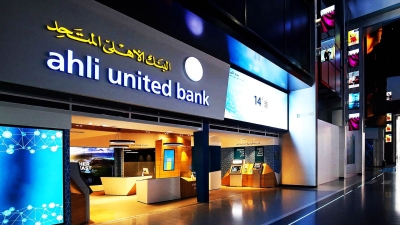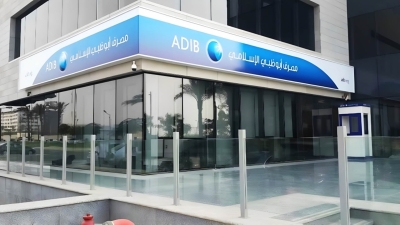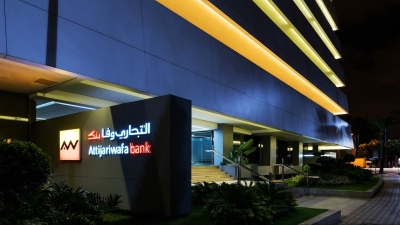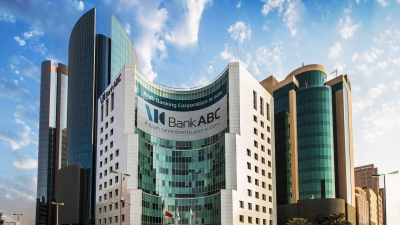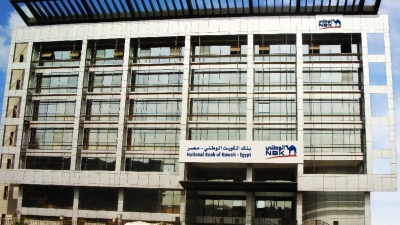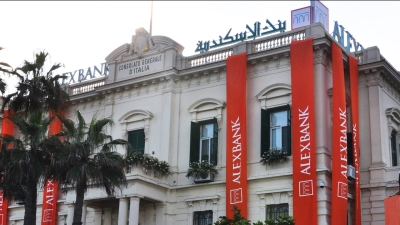ADIB Egypt’s resource employment rate fell to 66.26% during H1-2024
First Bank
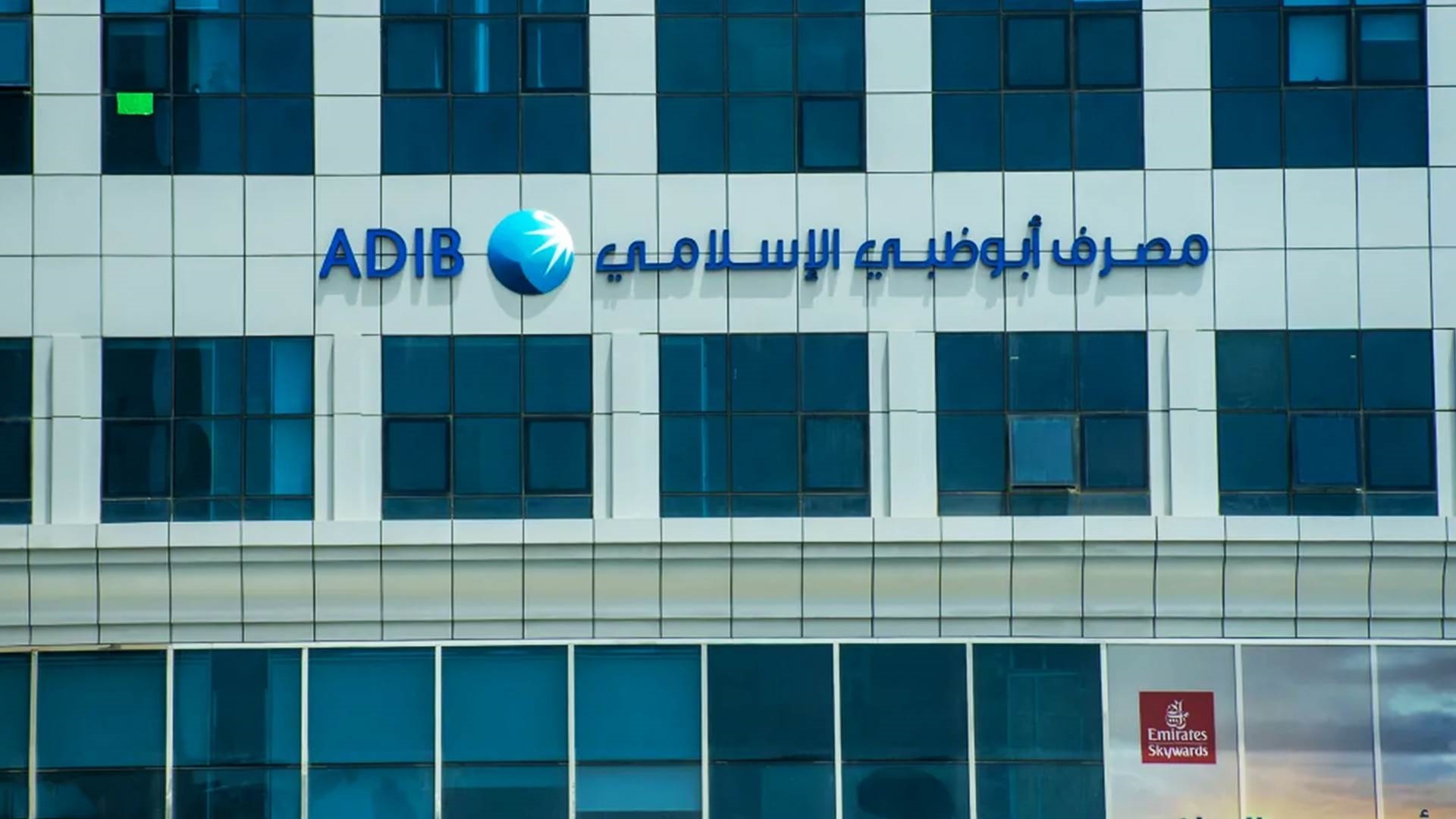
Abu Dhabi Islamic Bank's separate financial statements for the financial period ended June 30 showed that the Bank's resource employment rate fell to 66.26% by the end of the first half of 2024, compared to 72.02% by the end of 2023.
This indicator, launched by the Research Centre of First Bank, measures the employment rate of traditional resources (deposits + equity), in (loans + financial investments) of banks operating in the Egyptian banking sector.
The sharp decline in the Bank's resource employment rate during the first half of this year reflects ADIB’s conservative policy towards resource employment during this period, which has strengthened the Bank's move away from the resource employment rate average for banks operating in the sector of more than 97%, while the Bank has only 66.26%.
The Bank managed to employ 120.2 billion pounds of its traditional resources, which recorded 181.4 billion pounds by the end of June 2024 in both loans and financial investments with 29.4 billion pounds for financial investments, and 90.8 billion pounds for total customer loans.
While the Bank employed 101.6 billion pounds of its traditional resources, which recorded 141.1 billion pounds by the end of 2023 in both loans and financial investments with 33.6 billion pounds for financial investments, and 67.96 billion pounds for total customer loans
With regard to the distribution of the Bank's traditional resources at the end of June 2024, the value of the deposit portfolio was 163.4 billion pounds, while equity was recorded at 17.98 billion pounds.
The Bank's deposit employment rate for loans rose slightly during the first half of this year, rising to 55.54% by the end of June 2024, compared to 53.46% by the end of 2023.
While deposit employment for financial investments fell to 18% by the end of the second quarter of 2024, compared to 26.45% by the end of 2023.
For more about Abu Dhabi Islamic Bank and its highlights click more


